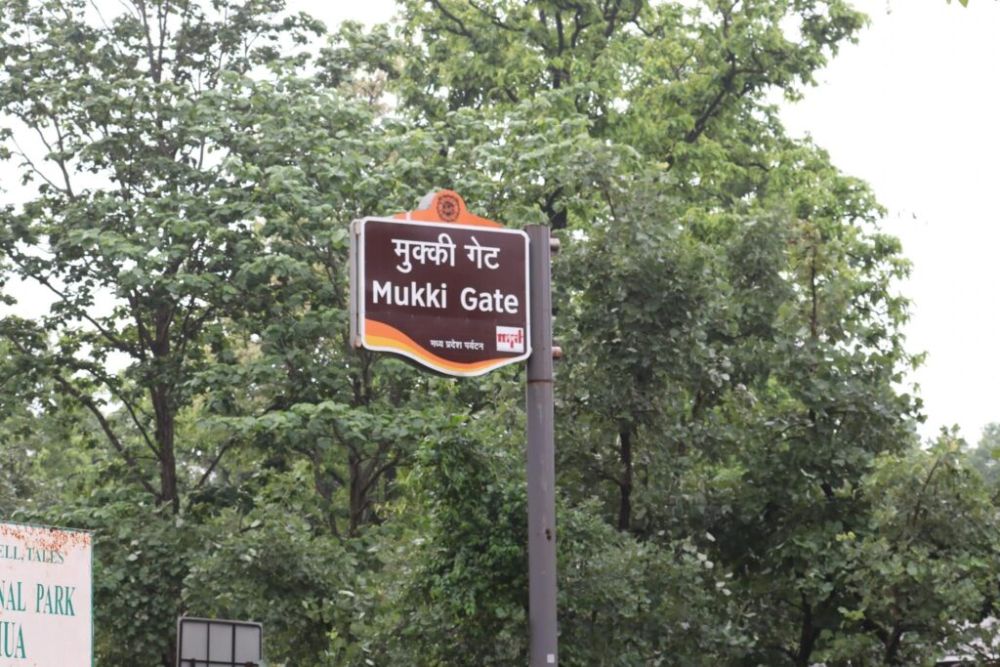

The roots of tourism at Mukki Gate in Kanha National Park, located in the heart of India, Madhya Pradesh, trace back to the establishment of the park in 1955. Originally created to save the swamp deer, or Barasingha, from extinction, Kanha National Park has become one of India's finest havens for a wide array of wildlife. The park was divided into several zones for better management and tourism purposes, with Mukki being one of the significant gates allowing tourists to explore its natural riches.
Initially, the flow of tourists was moderate due to limited infrastructure and awareness, but as conservation efforts grew stronger and India’s wildlife started receiving global attention, tourism at Kanha and specifically through Mukki Gate began to gain momentum. The exposure from Rudyard Kipling's famous novel "The Jungle Book", which is said to be inspired by the sal and bamboo forests of Kanha, further piqued the interest of international tourists in the park.
Slowly, the region around Mukki Gate saw the development of infrastructure catering to the needs of wildlife enthusiasts. The gate became the entry point to some of the park's most diverse zones, hosting an impressive density of the Royal Bengal Tiger, leopards, and the endemic hard-ground Barasingha.
Accommodations ranging from basic forest rest houses to luxury resorts started sprouting, offering various options for visitors. Moreover, conservation policies began to align with sustainable tourism practices, ensuring that the influx of tourists did not disturb the balance of the park's delicate ecosystem.
In recent years, Mukki Gate has seen an increase in popularity among tourists, especially those keen on tiger safaris and wildlife photography. The implementation of online safari booking systems has made it easier for visitors to plan their trips and facilitated better crowd management within the park. Additionally, the government's efforts to promote eco-tourism have encouraged tourists to engage with nature responsibly.
Eco-Friendly Tourism: Sustainable tourism is a critical aspect, with many lodges and tour operators around Mukki Gate adopting eco-friendly practices such as solar power, water conservation, and waste management. Tourists are also educated on the importance of minimizing their carbon footprint and respecting wildlife habitats.
Community Engagement: Another significant trend is the involvement of local communities in tourism activities. Many resorts hire residents as staff and guides, generating employment and helping safeguard the culture and traditions of the region, adding a socio-cultural dimension to the wildlife experience.
Digital Influence: The digital era has also contributed to the park's burgeoning tourism. With visitors sharing their wildlife encounters on social media, Kanha's popularity has reached new heights, attracting even more wildlife enthusiasts to Mukki Gate each year.
Today, Mukki Gate stands as a testament to India's commitment to wildlife conservation and sustainable tourism. Visitors leave with unforgettable memories and a deep appreciation for the country's natural heritage, ensuring that the history of tourism at this gateway to the wild continues to grow and evolve responsibly.